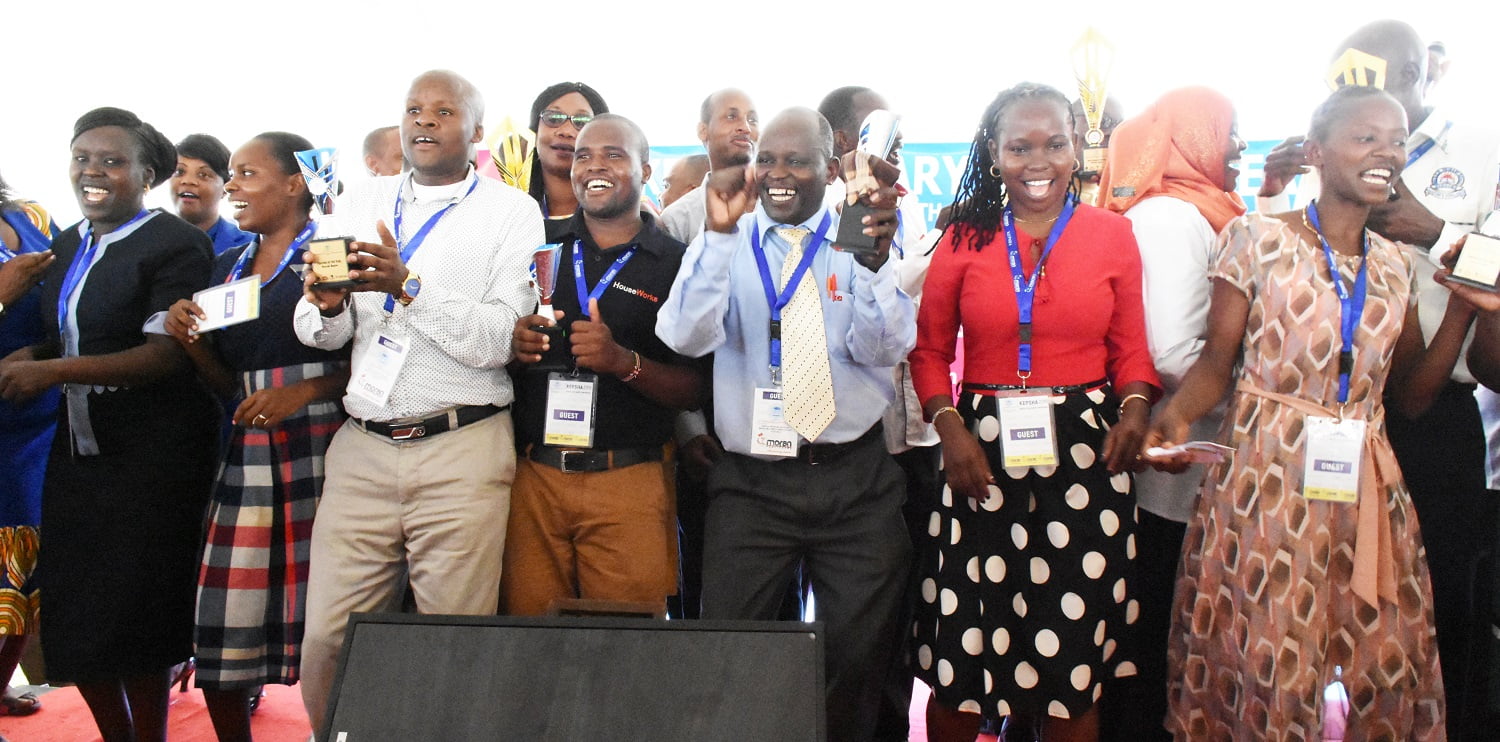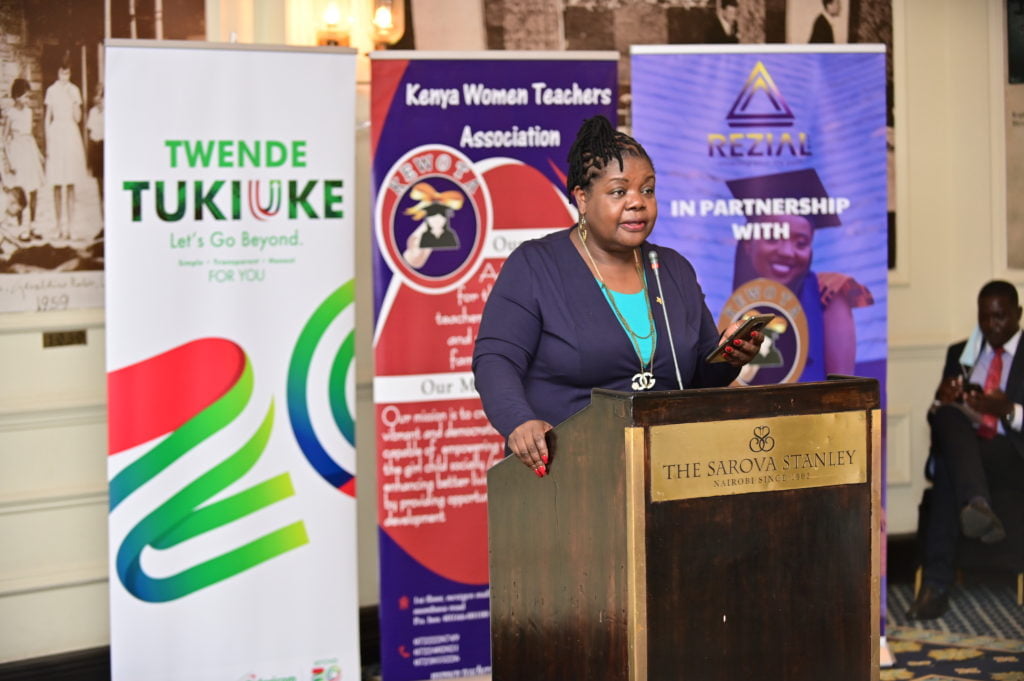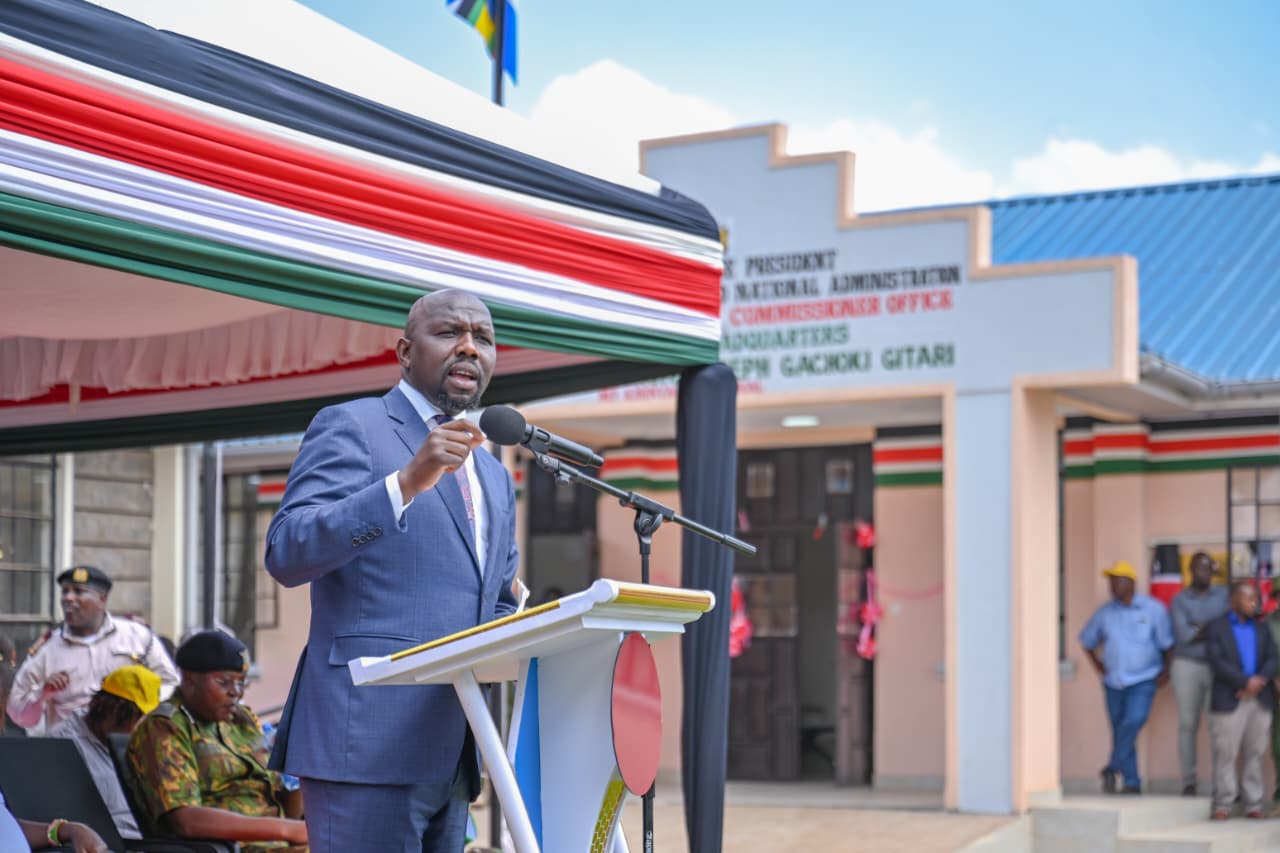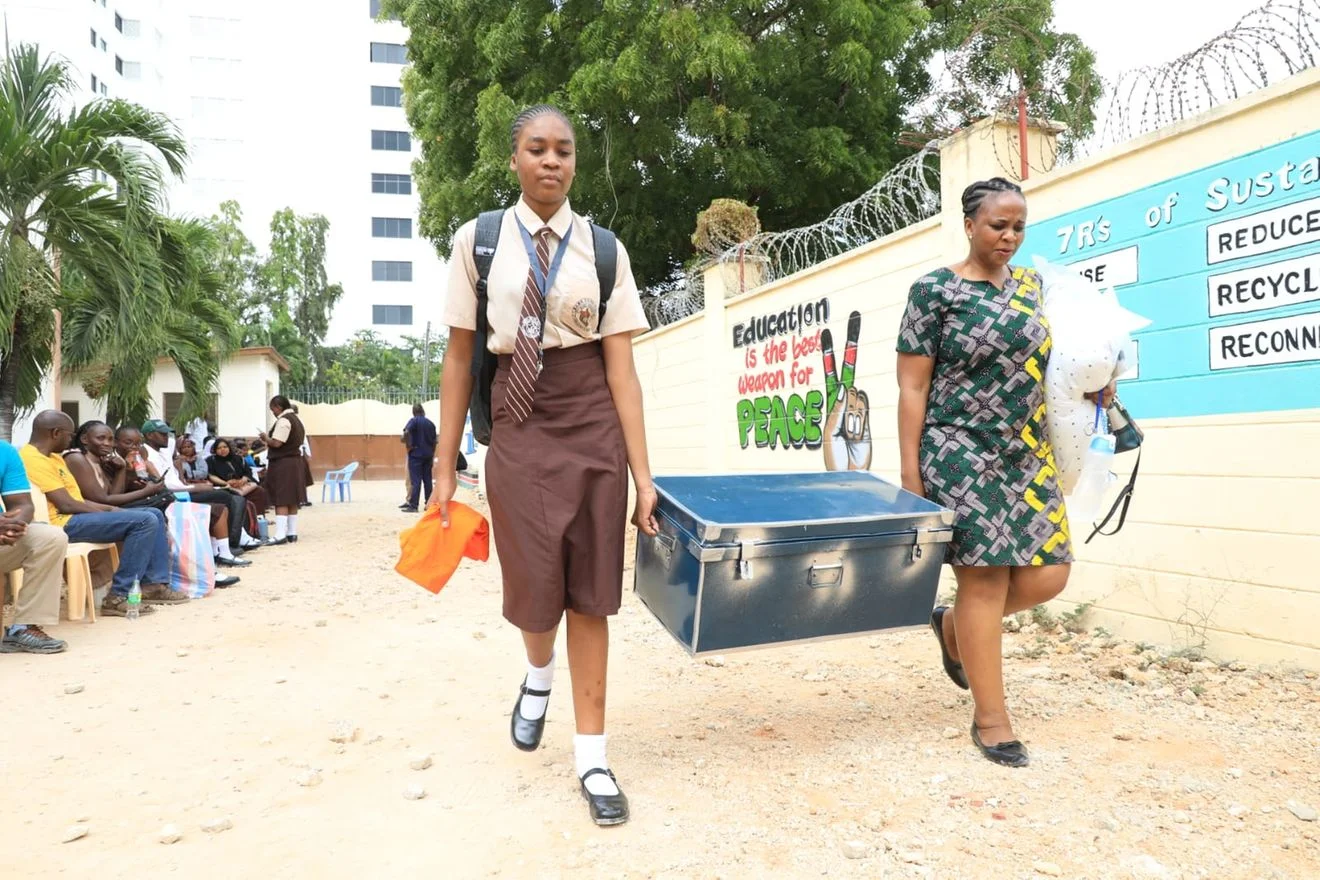By Roy Hezron
The Ministry of Education (MoE) has empowered primary school head teachers to make financial decisions for Junior Secondary School (JSS), effectively putting them in charge of both levels of education.
Days after Education Cabinet Secretary (CS) Ezekiel Machogu directed that the Board of Management (BoM) of a primary school that hosts JSS will constitute a special sub-committee to manage JSS, the MoE has now come clear on what the committee will do.
In the ‘Guidelines for Implementation of Junior Secondary Education’ released by the MoE’s State Department for Basic Education in January 2023, the special sub-committee will spearhead the operationalization of JSS and manage resources of the institution during the one year transition period effective from January 1, 2023 to December 31, 2023.
The head teacher of the host primary school will serve as secretary to the committee, while the chairperson will be a member of the committee.
The special sub-committee will be in charge of financial management of public JSSs during the transition period.
The primary school and JSS will operate separate bank accounts.
Except for BoM chairperson of the primary school, and secretary who is the primary school head in charge of the JSS, all other signatories of the JSS bank accounts shall be different from the signatories of the primary school bank accounts.
According to the guidelines, the primary school BoM shall accord the JSS Management Committee (JSS-MC) special powers and responsibilities on financial matters, including operational decision making autonomy.
The JSS-MC on the other hand shall open and operate at least three bank accounts, specifically for tuition capitation, operations capitation funds, and infrastructure grants.
However, the ministry has directed that all the above bank accounts for public JSSs shall be opened upon issuance of an introductory letter from the Sub-County Director of Education (SCDE).
Recently, Machogu stated that the government, through the National Treasury, will set aside Ksh5,000 per learner as capitation to facilitate free learning in all public JSSs.
Though the MoE recently released guidelines, it has stated it shall periodically be providing guidance in regard to the total capitation available per learner and school, the items or vote heads funded under capitation, and infrastructure grants to be disbursed to the JSS.
In total, the government will spend Ksh9.6 billion for the learners in JSS this 2023 school calendar.
A total of 1,253,577 learners who sat their 2022 Kenya Primary School Education Assessment (KPSEA) in 32,555 centres across the country reported back to their previous primary schools for JSS at Grade 7 on January 30, 2023.
“The MoE SHALL ensure disbursement of the due capitation for first term on time (preferably by the end of January, 2023) to enable commencement of JSSs operations,” read the guidelines in part.
Further, as per the guidelines, all JSSs with boarding facilities, lunch and shared transport programmes will now be required to open and operate a School Fund Bank Account for deposit of boarding, lunch and transport fees, as well as payment of related expenses.
The JSS-MC will further be required to develop an annual work plan and budget, which will be approved by the primary school BoM and SCDE before the commencement of the first term of academic year 2023.
Hiring of staff in the public JSSs shall be guided by the amount of capitation grants for personnel emoluments available and the recommended number of non-teaching staff.
However, the hiring will take into account the cost of labour, critical skills deficit for learning support, mitigation of critical risk exposures, vulnerability to loss of assets, and compliance with statutory and regulatory requirements.
“The JSS-MC shall ensure that skilled and qualified non-teaching staff serve appropriately in both the primary school and JSS when and where applicable; subject to mutual agreement between both parties,” added the guidelines.
All JSSs will also be required to maintain adequate books of accounts such as receipt books, cashbooks, permanent and consumable ledgers, inventory records, payment vouchers, class attendance registers, supplier registers/ledger, and asset movement registers.
They may utilize pre-qualified suppliers or suppliers of other public schools and pre-qualified contractors from public works identified through a competitive procurement process in line with Public Procurement and Asset Disposal (PPAD) Act of 2015.
The JSS-MC will also be required to establish and operationalize effective internal controls, prepare monthly trial balances, and respond to audit queries and recommendations from both internal and external auditors.
They will also be required to use the prescribed international annual financial reporting template formats for public secondary schools, which is the International Public Sector Accounting Standards (IPSAS) for preparing their financial statements.






